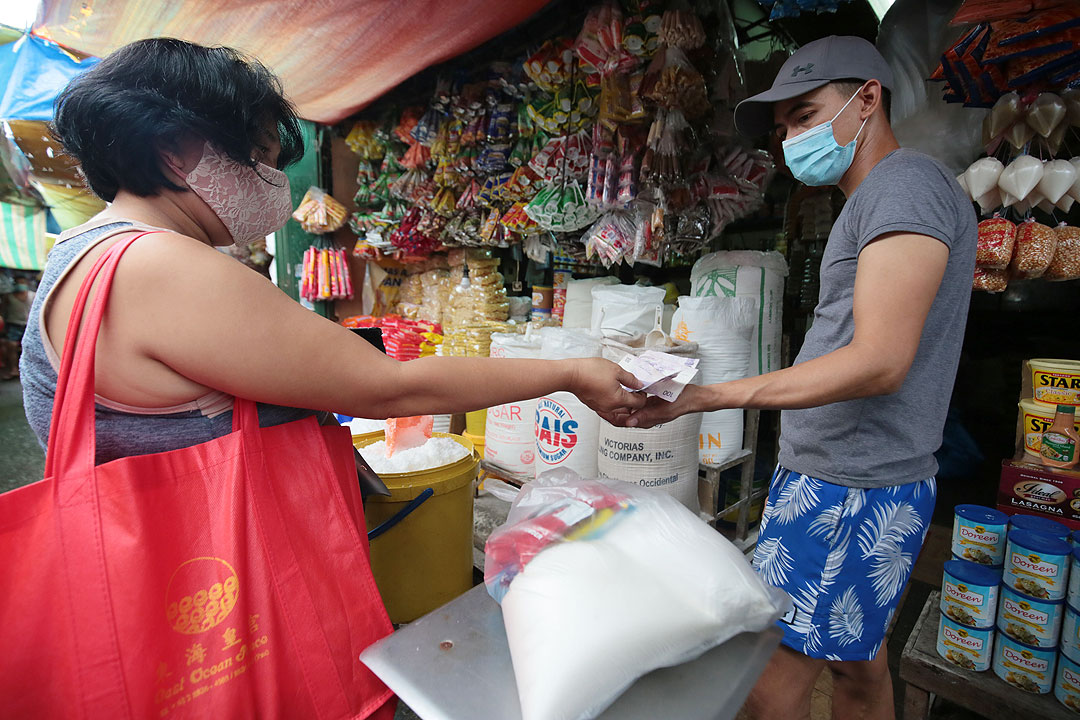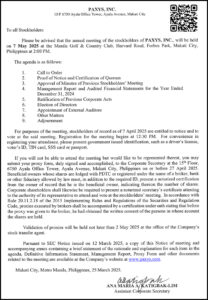Sept. inflation likely topped 5% — BSP
INFLATION probably exceeded the Philippine central bank’s target in September due to rising fuel, utility and food prices, Bangko Sentral ng Pilipinas (BSP) Governor Benjamin E. Diokno said on Thursday. The consumer price index likely quickened...

INFLATION probably exceeded the Philippine central bank’s target in September due to rising fuel, utility and food prices, Bangko Sentral ng Pilipinas (BSP) Governor Benjamin E. Diokno said on Thursday.
The consumer price index likely quickened to 4.8-5.6%, beyond the 2-4% goal of the BSP this year, he told an online news briefing. Prices rose by 2.4% a year earlier.
Inflation hit 4.9% in August as food prices rose sharply after recent typhoons caused supply woes. This brought eight-month inflation to 4.4%.
Central bank Deputy Governor Francisco G. Dakila, Jr. last week said the index could hit 5% in September before easing to within the BSP target in November.
“Inflation will be driven by the upward adjustments in domestic oil prices, Manila Electric Co. (Meralco) electricity rates, suggested retail prices of basic necessities and prime commodities, and prices of selected fruits and vegetables as well as rice,” the central bank said in a separate statement on Thursday.
Gasoline prices have increased by P15.10 as of Sept. 28, by P12.95 for diesel and by P10.65 for kerosene, according to data from the Energy department.
Meralco raised power rates for September by P0.1055 to P9.1091 per kilowatt-hour from a month earlier, citing higher generation charges.
The Trade department in late August allowed increases of as much as P2.25 in the prices of some food items.
Last week, the central bank raised its inflation forecast for this year to 4.4% from 4.1%. Officials said an African Swine Fever outbreak and typhoons could cause supply issues in the coming next months.
Inflation estimates for 2022 and 2023 were also raised to 3.3% and 3.2% from 3.1% for both.
Despite higher inflation expectations, the BSP kept the key policy rate last week at a record low of 2% to support economic recovery. It said elevated inflation caused by low supply is best addressed by nonmonetary measures.
Mr. Diokno has vowed to keep an accommodative monetary policy stance for as long as necessary to boost economic output.
“When domestic developments warrant a withdrawal of policy support as economic recovery gains traction, the BSP will ensure a smooth transition in winding down its time and state-bound measures,” Mr. Diokno said.
“At the same time, the BSP will continue to coordinate closely with fiscal authorities to ensure enough policy support remains for economic recovery to be sustained,” he added.
The Monetary Board will hold its next policy review on Nov. 18. — Luz Wendy T. Noble


















